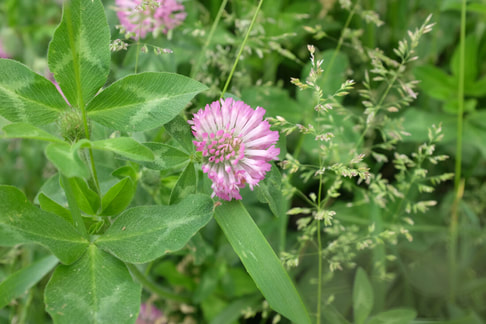 What is holistic medicine? The term holistic medicine can refer to a style of practice of conventional medicine. More often, it refers to alternative healthcare modalities including herbal medicine. Here are the some of the major differences from typical conventional medicine: Body, mind and spirit are addressed as an integrated whole The practice of conventional medicine is based on a mechanistic view of the body that was developed in the 1600's in Europe. Philosophers such as Descartes developed a worldview that separated mind and body (which was done, perhaps ironicaly, for religious reasons). The mechanistic view sees the body as a collection of individual material parts, and treatment aims at making changes in those individual parts. This paved the way for the great medical achievements we can all be grateful for. By contrast, the holistic view of the body sees the person as an integrated whole. In broad terms, we say that holistic medicine address body, mind and spirit. This doesn't mean rejecting the mechanistic view, but adding an additional lens through which to understand health. This means that when someone has a imbalance, a holistic approach would be to look at the broad, overall factors: - How does lifestyle play a part? - How do stress and emotional health contribute? - How are the parts working together as a whole, on a subtle, perhaps immaterial level? Find the root cause of imbalance While a good conventional medical doctor definitely will seek to identify causes of illness and address them, holistic medicine generally prioritizes this much more. Holistic modalities such as herbal medicine do also have the ability to address symptoms, just as conventional medicine does. But the power in holistic medicine is the ability to go beyond that and to seek resolution or at least longer-lasting relief by address the causes of imbalance. Often times people experience multiple symptoms that may have similar root causes. For example, someone may experience digestive issues, skin flare-ups and sleep issues - these can all be addressed symptomatically with conventional and holistic medicine. However they may all relate back to a common root cause, such as stress, digestive insufficiency, food intolerance, or a sedentary lifestyle. A holistic provider can help to identify the root cause and provide support in addressing it. Gentle remedies that support the body's own ability for self-healing Holistic medicine generally supports the use of gentle, non-invasive interventions. While gentle interventions are safer and less likely to cause adverse effects it doesn't meant that they are less effective. Holistic providers often believe that the body has its own capability for self-healing. By working with this capability rather than seeking to provide a substitute for it, profound changes can result. Take for example someone who is experiencing occasional heartburn. One approach would be to reduce acid in the stomach with medication. This is certainly a helpful thing to do in some cases because it can prevent the harm that chronic reflux can cause. But a more holistic approach would be support the body's ability to heal the muscosa and prevent the need for medication. Gentle remedies used in this process often take time to have their full effects, but the effects may be more lasting. Personalized care Holistic medicine is generally much more individual and personal that conventional medicine (though conventional medicine may be becoming more personalized). Personalized approaches can often lead to better results with less adverse effects. For example, in herbal medicine we often use the lens of individual constitution. There is a long history in medicine traditions around the world in recognizing different constitutional types: there are "fire-y" people, "air-y" people or "earthy" people, for example. Herbalists provide remedies that not only are specific for the symptoms someone is experiencing, but which also match their unique constitutional type. The personalized approach is one of the reasons why using gentler interventions can still provider profound results. With the art of personal assessment, holistic providers can help people to more naturally shift back into a state of balance based on their own patterns. Different types of holistic medicine modalities There are many different types of holistic medicine. Herbal medicine This is a part of all cultural traditions throughout the world. While still utilized by an estimated 80% of the world's population, just a few generations back it would have been close to 100%. Herbal medicine thrives as a modality that is natural, safe, and convenient in that it can be utilized right at home. Acupuncture Acpuncture is one part of Traditional Chinese Medicine. It involves the use of needles placed at various "meridian points" throughout the body. The theory behind acpuncture is that it allows the practitioner to manipulate subtle energy channels or "qi" in the body to promote healing. Naturopathy Naturopathic medicine has been practiced in the U.S. since around 1900. It is a modality that incorporates conventional medicine but which adds in holistic therapies such as herbs, homeopathy and manual therapy. Naturopathic doctors are licensed to practice medicine in several U.S. states, including Vermont, meaning that insurance can sometimes cover naturopathic care. Ayurveda Ayurveda is the traditional healing system of India. It's based largely on the understanding of how three different "doshas" operate in the body: vata, pitta and kapha. Ayurvedic practitioners may use a variety of methods to address health, including the use of herbs and minerals, massage, diet, detoxification therapies and more. This is just a short list of examples, there are many more! How to incorporate holistic medicine into your life As herbalists, we are in full support of conventional medical care, and suggest that everyone have a doctor who can provide them that care when needed. We see holistic medicine is something that you can incorporate into your life as a complement to your conventional care. Self-study in holistic medicine is an option for certain things, like handling minor, everday ailments, and for preventing illness. However where there are more difficult health challenges, we suggest working with a holistic medical provider to help guide you on your path to wellness. As herbalists, we are happy to help support you on your healing journey. Check out the information below to learn more. Get holistic support from an herbalist 🌿 Schedule a "quick advice" herbal consultation for a 20-minute chat We'll pair you with an herb or herbal blend that matches your personal constitution and individual mental/emotional needs. 🌿 Looking for deeper support with mental/emotional health? Schedule our 3-month herbal support package. We'll help you address the root causes of imbalance with herbal support plus diet + lifestyle support.
1 Comment
5/17/2023 02:47:42 am
I had no idea that you could use natural treatments to treat health illnesses while guaranteeing their safety. I have a friend who has been experiencing episodes of back pain recently. I should talk to him about finding a health care clinic that specializes in these when we meet again.
Reply
Leave a Reply. |
Details
RAILYARDCheck in here to keep updated on news and activities at the apothecary. Archives
April 2024
Categories
All
|
railyard apothecary
*These statements have not been evaluated by the Food and Drug Administration. This product is not intended to diagnose, treat, cure, or prevent any disease. For educational purposes only.
|
|

 RSS Feed
RSS Feed
